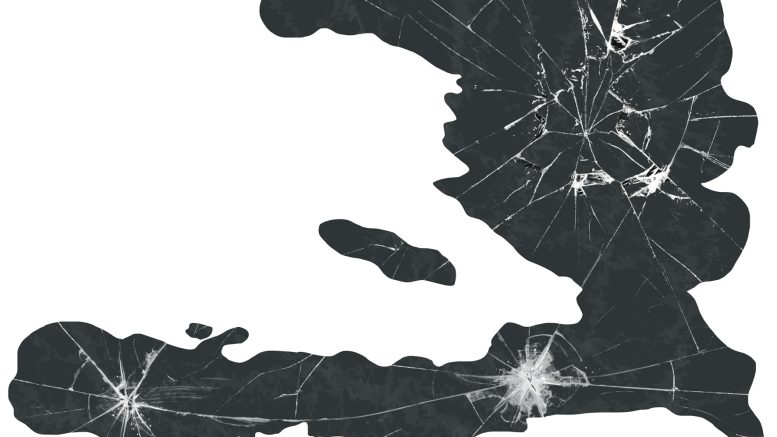The situation in Haiti has caught the attention of major media outlets in recent weeks. The former prime minister of Haiti, Ariel Henry, announced on March 11 that he would resign and allow for a transitional council after gangs attacked government buildings. While this resignation may be in line with the demands of the gangs, it could have very real ramifications.
While Haiti has a long history of political instability that predates the current saga, recent developments make this chapter of Haiti’s political history extremely dangerous.
I feel very strongly that leaving a power vacuum in any political community can very easily create a chaotic situation. My fears are not unfounded, as there are numerous examples of situations where a security situation devolved into something far more complex as a result of a power vacuum.
In 2019, the people of Sudan decided that they had had enough of then-president Omar al-Bashir. After a number of protests, the result was a coup and a power vacuum in Sudan, followed by a revolution. More importantly, the coup led to a more dreadful reality.
Much like the situation in Haiti, the leader was forced out, thereby allowing for a tug of war for power. However, it is necessary to mention that democracy and legitimacy do not guarantee order.
A notable example of the above-mentioned notion is the war in Libya. The idea of transitioning is often overlooked.
On Oct. 20 of 2011, Moamar Gadhafi was captured and killed. This led to the overthrow and end of Gadhafi’s regime. However, hostilities did not necessarily end as the rebel forces that overthrew Gadhafi’s regime were not willing to submit to the transitional government.
This idea of a transitional government has taken root in Haiti without a security guarantee from the rebels. The implementation of this idea shows that the world has yet to learn from Sudanese and Libyan crises, the latter of which descended into civil war again in 2014 and has struggled to establish institutions in the wake of the power vacuum that followed the death of Gadhafi.
In the wake of Henry’s resignation, Haiti finds itself with a power vacuum and a capital city overrun by gangs. Sexual violence is rife, and chaos has become the norm. The international community seems to be content with letting this situation evolve.
The situation left much to be desired, and I fail to see how a transitional government that doesn’t have legitimacy among the country’s gangs can bring peace and order. The current power vacuum could lead to a lengthy conflict with unfathomable consequences. All we can do is hope for the best.




